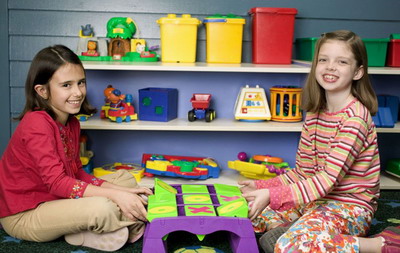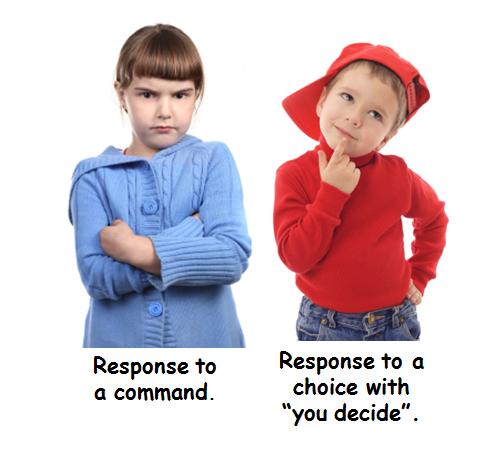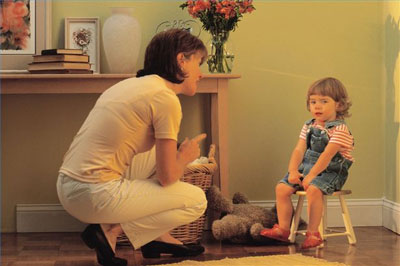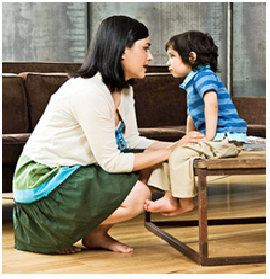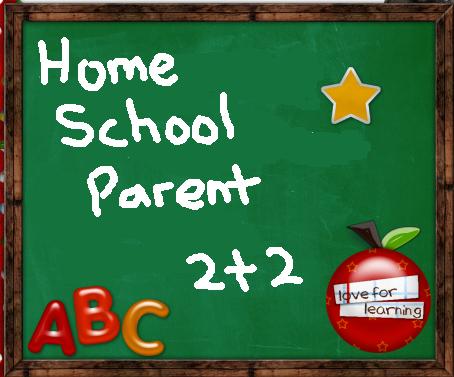Birthdays are always special. It is that time of the year which brings out the child in everyone. No matter what your age, everybody wants to get pampered and get that special attention!
And as a child the excitement is more! As parents it is up to you to make their day extra special and memorable – give them something that they will cherish all their lives.
So how can you do that? Besides a huge birthday bash there are things that you can do right from the beginning of the day.
First of all take a day off from work – let your child know that nothing is more important than him/her and work can take a backseat when it comes to their special day!
This is how you can start their day:
1) Quietly wake them up at 12:00 midnight (something children don’t do normally so it can be quite exciting for them!) and wish them happy birthday and tell them how special they are. Then tuck them back in and kiss them goodnight.
2) Prepare a special breakfast for your child. Whip up their favourite pancakes and put a smiley face. With chocolate or maple syrup write happy birthday on their plate.
3) Dress them up in new clothes and head to an orphanage, an old age home or a pet shelter. Let them start the day on a good note. Birthdays usually involve getting gifts from people and sometimes kids can get cranky when they don’t get what they want. Not only will they be more grateful for what they have but they will also share the gift of love and laughter with others who aren’t as fortunate.
Make them proud of themselves on their special day!
4) You can then take them for a movie or to the park for some special family time before the party begins and all your friends come over.
5) Buy a range of small inexpensive gifts and arrange a treasure hunt. It will be a fun birthday activity! Save the best gift for the party.
6) While you and your spouse may have arranged for everything for the party, leave some things to do for your child as well. He/she can decorate the party hats or the balloons – a fun arts and crafts thing to do. They can proudly display their art work at the party later!
7) Then comes time for the birthday party – have fun games, great food and nice music organised.
8) Once it is all over and all guests have gone home you will be left with a tired yet a very happy child. Tuck them in and don’t forget to tell them how special they are.
Have a great birthday for the apple of your eye!

